Cavities? Bad Breath? Sensitive Gums? 2 Ancient Indian Rituals To Step Up Your Oral Hygiene
Do you wake up in the morning and brush your teeth on autopilot? Yet struggle with oral health issues like cavities, bad breath, sensitive gums, and plaque formation, among others? We are here to help you channel 2 ancient Indian practices that will help you step up your dental hygiene routine. These are also garnering attention around the world today.
I am speaking about oil pulling and tongue scraping.
Oil pulling
Did you know the tradition of swishing oil in your mouth for oral hygiene dates back more than 3,000 years? Ancient Ayurvedic texts mention the practices of Kavala and Gandusha as part of the Dinacharya or daily routine.
While Kavala refers to holding a small amount of fluid in your mouth, swishing it briskly, and spitting it out, Gandusha is the process of holding oil in your mouth.
It is simply the practice of swishing 1 tablespoon of good quality cold-pressed/organic virgin coconut oil in your mouth and spitting it out.

How should I do it?
- Do it on an empty stomach in the morning.
- Use 1 tablespoon of organic virgin coconut oil.
- Swish the oil around your mouth slowly. Ensure it reaches all corners.
- Continue swishing for 5 to 15 minutes. If 15 minutes is difficult, start with 5 minutes and build it up to 15 minutes slowly.
- Do not swallow it. Spit it out once done. Rinse your mouth with water.
- Brush your teeth as the last step, preferably with toothpaste that doesn’t contain fluoride.
Why should I spit the oil out?
When you practice oil pulling, swishing pulls toxins, bacteria, viruses, and fungi out of your mouth. If you gargle or swallow it – you push these back into your system. Always spit it out. If you live in cold regions, spit it out into the waste bin to avoid clogging your drain.
Does science back its benefits?
Studies show that a regular practice of oil pulling emulsifies the oil and allows it to create a protective coat around your teeth. It hinders bacteria and germs from clumping together, thereby reducing plaque.
In addition, it also:
- Kills harmful bacteria responsible for dental caries, gingivitis, periodontitis, and bad breath from the oral cavity
- A study involving 60 individuals between the ages of 16 and 18 with plaque-induced gingivitis observed 50% decreases in gingival and plaque indices within 30 days of oil pulling.
- Prevents gingivitis, decay, and cavities
- Fights mouth odor or bad breath
- Soothes bleeding gums and keeps them pink and healthy
- Relieves dry mouth/throat and chapped lips
- Naturally whitens teeth
- Strengthens your oral cavity muscles and jaws
- Reduces tooth pain, fixes mobile teeth, and achieves robust oral hygiene
- Beneficial in sore throat, dry face, impaired vision, taste loss, and anorexia
Tongue Scraping
Known as jihwa prakshalana in Ayurveda, tongue scraping is an integral ritual of maintaining oral hygiene and keeping sickness at bay that you must not miss.
You already know that when we sleep, our body carries out the process of cleansing or detoxification. A visible sign of toxin buildup from the previous day is a thick yellow or brown coat on the tongue and the morning breath we wake up with.
Ayurveda believes that your tongue is connected with various other organs like your stomach, lungs, kidneys, liver, or even the heart. The appearance of your tongue could be a window into your health. It may explain why even doctors ask you to stick your tongue out when you visit them so they can examine it.
Scraping the tongue allows you to get rid of the bacteria and toxins, and also gently massages and cleanses the internal organs it is connected with. When you scrape the back of the tongue, the colon is cleansed, stimulating better peristalsis.
I carry a copper tongue scraper on my travels and even at home. Ensure you don’t scrape too hard or it will damage your taste buds temporarily. During the pandemic, we particularly encouraged those with COVID who lost their taste to use this and it worked wonderfully for many of them.
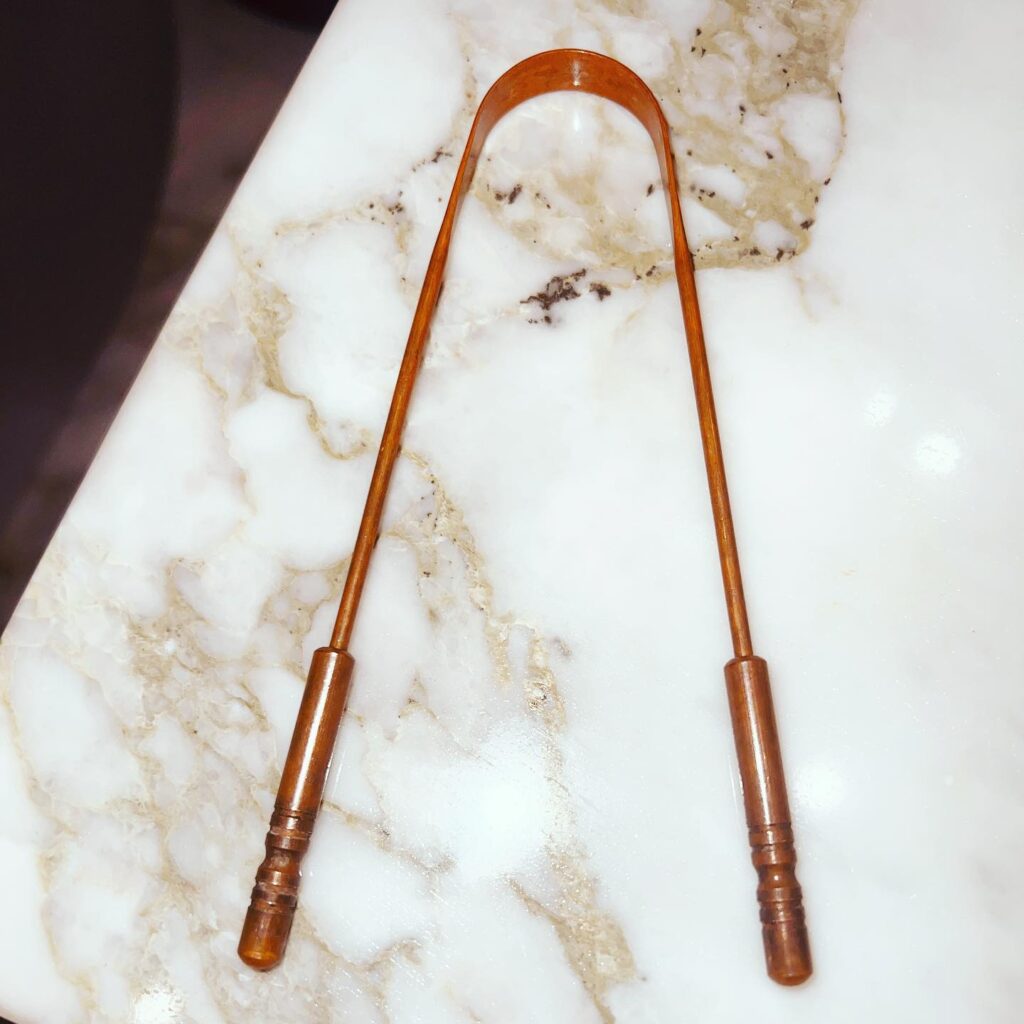
Why should I scrape my tongue?
- Removes or reduces toxins and prevents their reabsorption back into your system
- Reduces any obstruction to your respiratory system
- Gets rid of bacteria and dead cells on your tongue
- Improves taste sense
- Boosts oral and digestive health
- Gently massages and stimulates your internal organs
- Reduces oral malodor or halitosis
How to practice tongue scraping?
- Use a good quality copper or metal tongue scraper. Place the tongue scraper at the furthest point you can reach your tongue.
- Slowly and gently pull the scraper forward toward the tip of your tongue.
- Rinse the scraper with warm water after the first scrape.
- Repeat these steps 3 to 4 more times.
- Once done, rinse your mouth with water and spit out.
- Clean the tongue scraper thoroughly and rinse well. Once dry, store it in a clean place.
What does science say?
The results of a study on existing plaque levels in children concluded that oral hygiene techniques like tongue scraping and tongue brushing showed significant reductions in plaque levels after 10 days and even more by the end of 21 days.
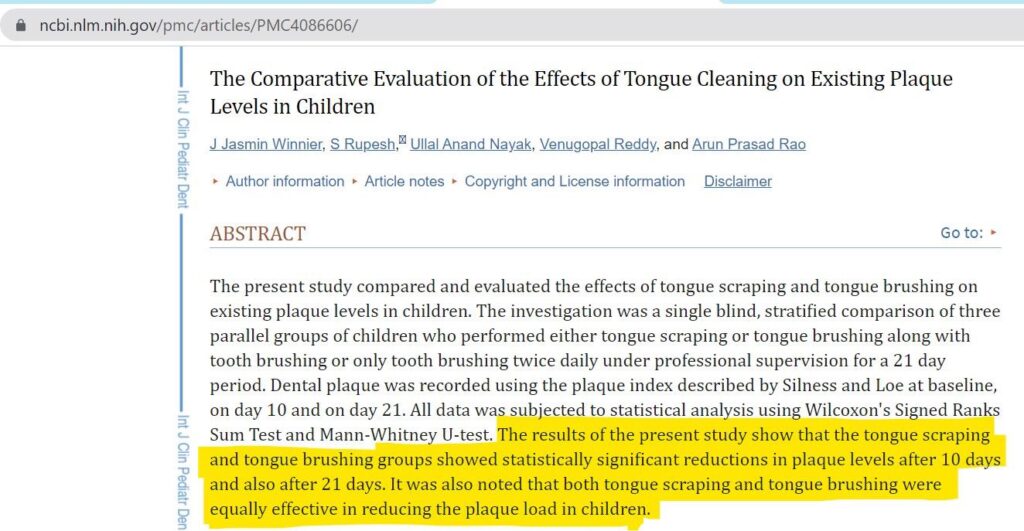
Another study tried to test the benefits of tongue cleaning in the elderly and the role it can play in respiratory and swallowing functions.
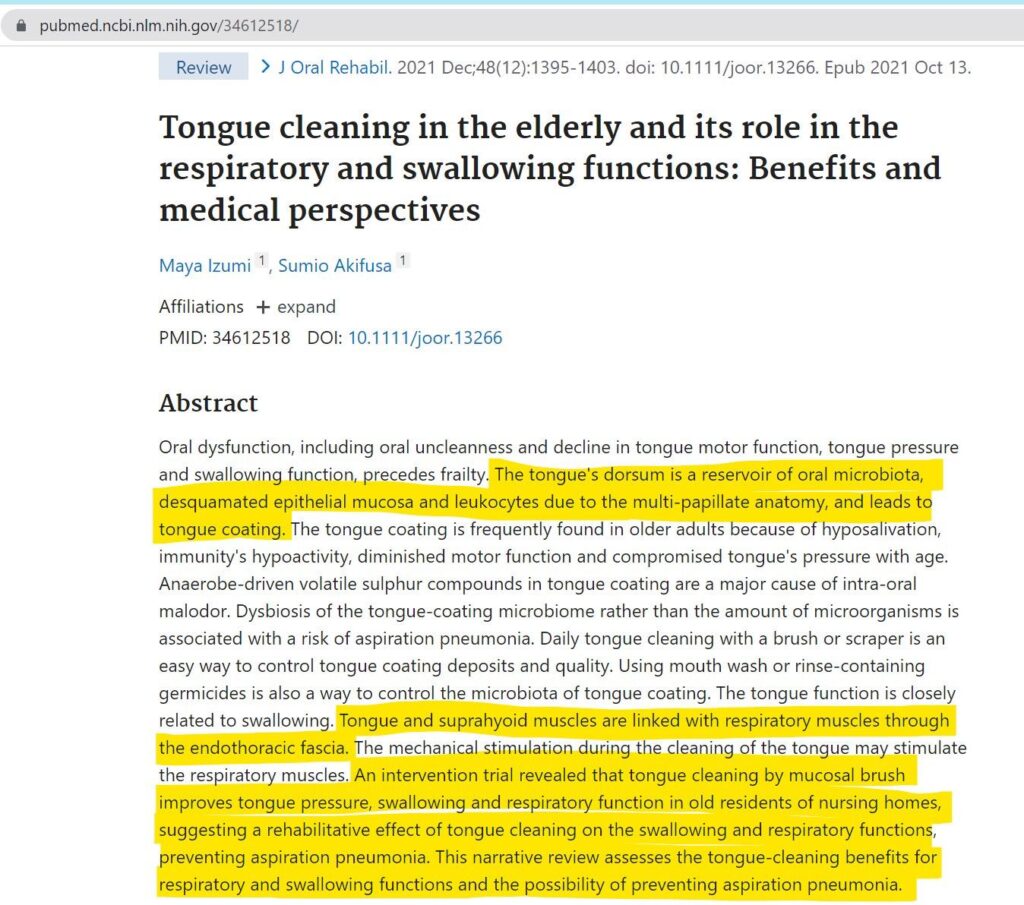
The key takeaway
There is immense wisdom in practices that our ancestors followed and passed down to us. Today even science backs its benefits. Try these simple oral hygiene hacks and let me know how they worked for you.
Want to learn more about ancient Indian tradition and wisdom, get your copy of my book Back to the Roots with Tamannaah here.
RELATED READINGS
10 Ancient Indian Practices For A Healthy Life. Are You Practicing Them?
Drinking Water Out of a Copper Vessel? Here’s What You Should Be Careful of
7 Steps to Build a Powerful Morning Routine
|
From a pimple to cancer, our You Care Wellness Program helps you find a way Talk to our integrative team of experts today 18001020253 |


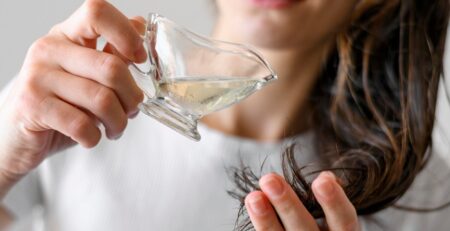
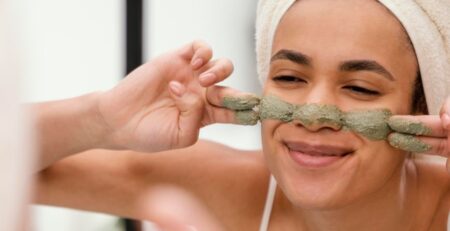

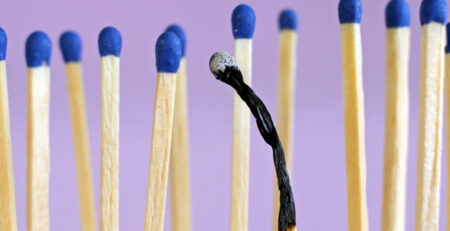



Comments (11)
I have a problem,bad smell from my mouth,gona try your advice and see the results
great, let me know how it worked for you 🙂
Thanks Luke for providing this information. I have been following your instructions. Hope this will surely work for me.
Good to know. All the best 🙂 Keep me posted
I scrape my tongue with my toothbrush. Is that healthy. I washed it after
Yes, do it gently.
So what should the oral routine be here? Is it oil pulling first, tongue scraping second, and then brushing?
yes, that’s right
Thank you Luke for this information.. Hope this works for me ..🙏
Like, can I do oil pulling when I have amalgam fillings in my teeth?
Although almost articles videos say brushing should be done after oil pulling, two you tubers ( one of them is part of the Ayush team) who quote from the Ayuredic texts and translate as they go along, they both say it is brush first and oil pull later.For those who dont like the taste or feel of the oil, there are recommendations – the simplest one is to put a clove in the mouth.
Could I request your team to please delve further into this and give us the accurate order?
The you tubers I mentioned are OJ Ayurveda ( by Dr Mishra) and Ayurveda for Everyone ( by Dr Rupali Jain)